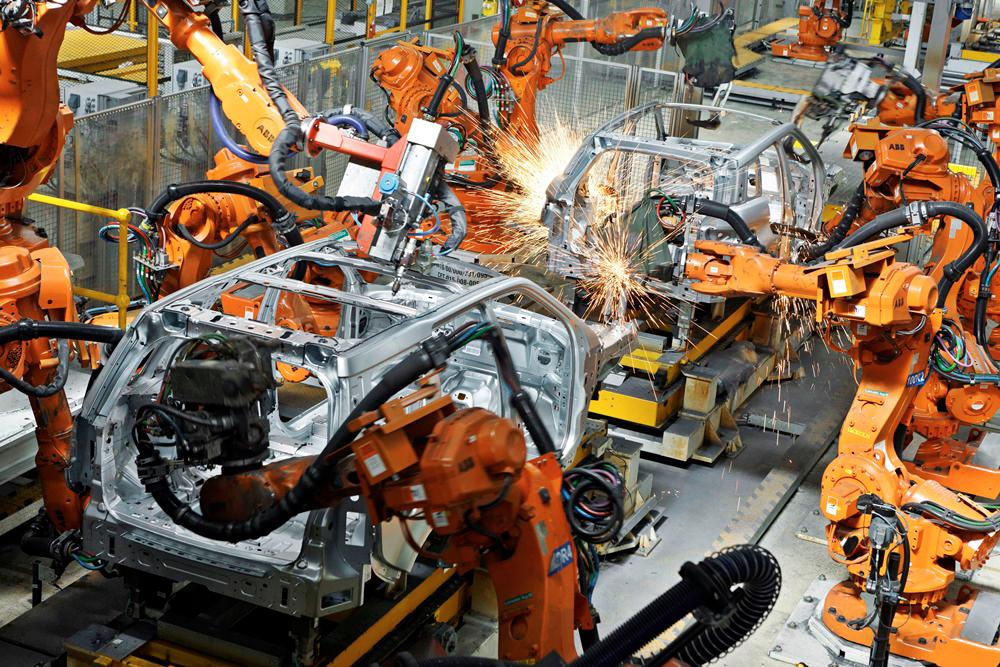EUROPE’S electric vehicle (EV) market is facing significant challenges, despite the environmental and technological benefits of EVs. The European Automobile Manufacturers’ Association (ACEA), representing 15 major European brands such as BMW, Ferrari, and Volkswagen, has raised concerns over a steep decline in EV sales, with unit sales down 8.4% this year. Hybrid sales have fallen even further, down nearly 14%. This downward trend, exacerbated by several compounding factors, poses a risk to Europe’s automotive future and its climate targets.
Factors Behind the Decline:
Insufficient Charging Infrastructure: EV adoption is hindered by the lack of readily available charging points, leaving consumers anxious about the feasibility of long trips or quick recharges.
Green Energy Production Gaps: While EVs rely on electricity, not all of it is generated sustainably, creating a disconnect between the promise of green vehicles and the actual energy supply.
Uncompetitive Manufacturing Regulations: European carmakers must comply with strict environmental rules, while competitors from countries with looser regulations, particularly China, gain a price advantage in the EV market.
Raw Material Insecurity: Key resources like lithium for batteries are scarce, making production costs volatile.
Poor Economic Growth: Consumers are wary of higher-priced EVs amid Europe’s economic slowdown, made worse by Covid-19 and the war in Ukraine.
Declining Consumer Confidence: ACEA’s report highlights that only 16% of non-EV owners are considering switching to an electric vehicle, down from 18% three years ago. Even more concerning, 20% of current EV owners are contemplating a return to internal combustion engines.
ACEA has called on European lawmakers to provide more support by easing upcoming CO2 reduction laws on vans and buses and expediting the review of vehicle regulations scheduled for 2026 and 2027. Automakers argue that while they are committed to sustainability, critical infrastructure and policies are lagging behind.
If Europe does not adjust its regulatory framework, ACEA warns, automakers may be forced to pay substantial fines or drastically cut production, leading to job losses, weakening Europe’s economy, and hindering progress toward climate goals.









